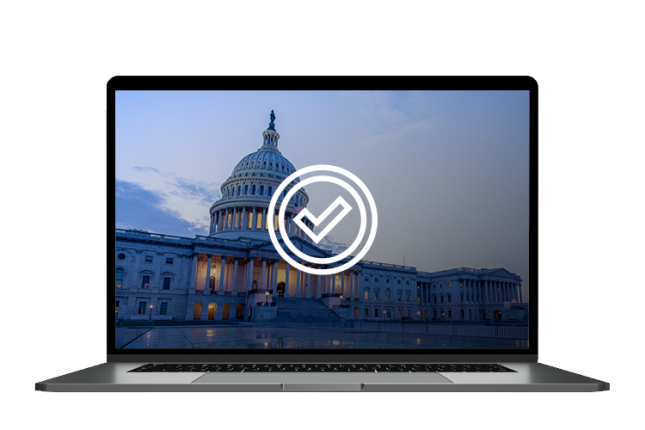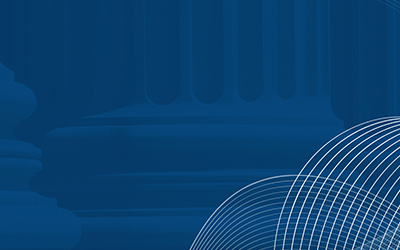Check out this month’s Compliance Matters newsletter, your one-stop shop for benefits compliance news! The employee benefits landscape is in a state of constant change. Get timely, accurate news regarding impactful legislative changes – and the resulting requirements, exposures and opportunities.
Employee Benefits Compliance Alerts
San Francisco HCSO Top-Off Payments Due February 28, 2023
- The San Francisco Health Care Security Ordinance (HCSO) requires covered employers to pay a certain amount – an Expenditure – toward their covered employee’s healthcare costs.
- If a covered employer does not meet the required Expenditure under a pay-as-you-go plan, it must use another permissible method – called a “top-off” payment – to make up the shortfall.
- The HCSO provides guidance for calculating Expenditures for both level-funded plans and plans that pay claims as incurred (“pay-as-you-go” plans).
- Top-off payments are due by the end of February following the calendar year for which they apply. For 2022 Expenditures, the due date is no later than February 28, 2023.
Broker Compensation Disclosure Compliance Continues
- As part of the Consolidated Appropriations Act of 2021, (CAA) certain arrangements with those Employee Retirement Income Security Act (ERISA) health plans that are entered into, extended, or renewed on or after December 27, 2021, must include specific disclosures about compensation.
- The requirements are modeled after similar disclosures for retirement plans.
- The requirements are ongoing. Brokers and consultants who are covered service providers (CSPs) should review agreements with covered plans to ensure compliance.

Additional Updates & Resources
Reminder! Medicare Part D Disclosure to CMS Coming Up for Calendar Year Plans
Each year, group health plans must disclose to the Centers for Medicare and Medicaid Services (CMS) whether the prescription drug coverage offered to Medicare Part D eligible individuals is creditable or non-creditable. This disclosure is due no later than 60 days after the start of the plan year, which is March 1, 2023, for calendar year plans beginning January 1, 2023. The disclosure form is fairly simple and must be completed online. CMS provides the disclosure form along with instructions and screenshots showing what information is required. This disclosure is in addition to the Medicare Part D Notice of Creditable/Non-Creditable Coverage provided to individuals that is due annually before October 15.
Reminder! ACA IRS Returns are Due March 2, 2023
IRS Form 1095-Cs for calendar year 2022 are due to employees no later than March 2, 2023. The 1095-C is the form that employees will use to determine whether they had minimally essential health care coverage in 2022. Originally due annually on January 31, the IRS permanently extended the due date in late 2022 to March 2, 2023, after several years of one-time extensions. The form is not required to file an individual’s tax return, and taxpayers may file taxes before receiving the form from their employers using a different form of documentation to show proof of minimum essential coverage (MEC) in 2022. Taxpayers should keep the form with their other tax records in case of an IRS audit. The deadline for the transmittal of the 1094-C and 1095-C forms to the IRS remains March 31, 2023, when transmitting electronically. Note that some states have their own individual mandate requirements that utilize the IRS Form 1095-C as proof of state-required MEC which may have due dates that do not correspond to the IRS deadline.
No Surprises Act IDR Fee Increasing in 2023
The Centers for Medicare and Medicaid Services (CMS) recently announced an increase if the administrative fee required by each party initiating independent dispute resolution (IDR) under the No Surprises Act (NSA) prohibition on balance billing. The administrative fee, initially set at $50 per party, increased to $350 per party starting January 1, 2023. Additionally, certified IDR entities are allowed to charge determination fees up to $938. CMS advised that increased fee is related to the increased volume of disputes and expenditures surrounding the IDR process and is directly related to the tens of thousands of backlogged cases still pending from 2022.
Washington, D.C. “Clean Air” Transportation Benefit Now in Effect
Starting in 2023, employers in Washington, D.C. with at least 20 employees, and who offer employees free or discounted parking benefits, must also offer a “clean-air” transportation benefit to employees. Additionally, employers must submit reports to the city. Employers may comply with the new requirements by meeting any one of the following three methods:
- Parking “Cash Out”
Offer a “Clean-Air Transportation Fringe Benefit.” Examples of such benefit include a transit pass, bus, vanpool, or bicycling equal to or greater than the market value of their parking spot. - Transportation Demand Management (TDM) Plan
Develop a plan that lists strategies and a timeline for reducing the number of commuter car trips made by employees by at least 10% from the previous year until 25% or less of employees’ commuter trips are made by car. The TDM plan must include compliance data reporting to the D.C. Department of Transportation (DOT) by January 15, 2023, and subsequently every two years, and be approved by the D.C. DOT. The report includes information about the number of employees, the benefit offered, the value of the benefit, and whether any exemptions apply. - “Clean Air” Compliance Fee
Pay a clean-air compliance fee of $100 per month for each employee offered a parking benefit.
Visit our Compliance Insights page for alerts, webinars and featured articles based on your questions – and check out all our Employee Benefits Insights.
Visit our Compliance page and see how our
EPIC team can help your business thrive!


